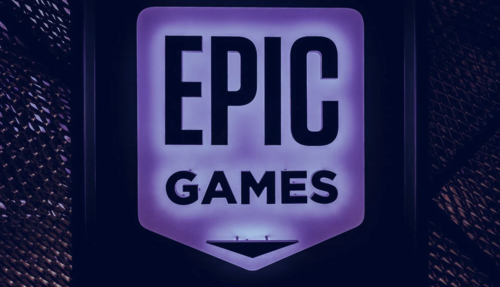

In brief
Video game developer and publisher Epic has said it will accept games built with blockchain technology.
The news comes after online gaming store Steam yesterday announced it would ban applications “built on blockchain technology that issue or allow exchange of cryptocurrencies or NFTs."
Epic, which competes with Valve, Steam’s developer, then told The Verge that it would be “open to games that support cryptocurrency or blockchain-based assets."
Epic’s CEO and founder, Tim Sweeney, wrote on Twitter yesterday: “Epic Games Store will welcome games that make use of blockchain tech provided they follow the relevant laws, disclose their terms, and are age-rated by an appropriate group.”
He added that while “Epic's not using crypto in our games, we welcome innovation in the areas of technology and finance.” Epic reportedly told The Verge that it would be willing to work with “early developers” in the world of NFTs, too.
Epic makes the popular game, Fortnite, which has an in-game currency called V-Bucks. In 2019, Sweeney confirmed that privacy coin Monero was “accidentally” added to the list of acceptable payments for the Fortnite merch store—the option has since been removed.
Steam is the biggest digital distributor of games in the PC world—users can buy or upload games via the platform. Valve didn’t explain why it banned blockchain-based games.
Decrypt reached out but did not hear back by the time this article was published.
Amy Wu, a partner at venture capital firm Lightspeed, wrote on Twitter that Steam’s move was expected. “Web2 centralized platforms get a cut of all value generated from its ecosystem,” she said. “Blockchain circumvents that and decentralizes value back to builders and users.”
Crypto gaming developers like Age of Rust—which have now been kicked off Steam—were quick to criticize Valve. “I fundamentally believe that NFTs and blockchain games are the future,” the developer’s account tweeted.
Developers who want to publish blockchain-based games via Epic may have to wait: the developer’s self-publishing feature is still only in beta.
But the company is trying to position itself as a leader in the future of the blockchain and crypto gaming world—if a future for centralized, legacy gaming marketplaces in such a world exists.
